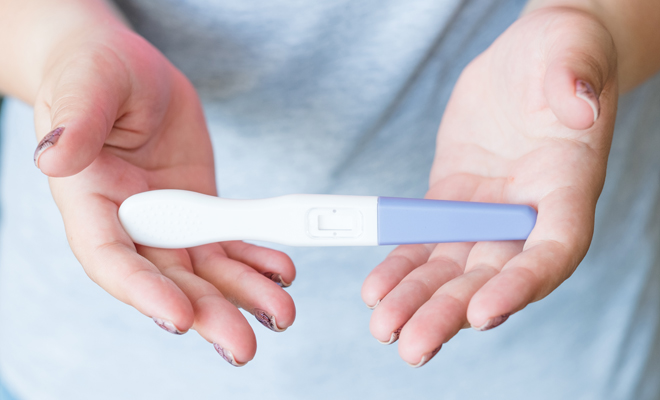Is anxiety the same as depression? Why not? What are their characteristics? These are actually two very different concepts. It is true that, in most cases, depression is associated with anxiety (and anxiety, with depression). So, in this sense, it is difficult to find “pure” symptoms, both in one case and in the other (since they are quite comorbid disorders with each other).

But for this reason and others, it’s important to be clear about the differences between anxiety and depression. We talk about 8 of them.
The differences between anxiety and depression that you should know
1 Disorder vs. reaction/feeling
The first of the differences between anxiety and has to do with the concept itself. In this way we can say that anxiety is not a mental disorder (although it can become one if a series of diagnostic criteria are met), but that it is a physiological, cognitive/psychological and behavioral reaction. Thus, although it generates a lot of discomfort, anxiety is not a disorder, whereas depression is a mental disorder.
2 Type of worries/thoughts
Another of the differences between anxiety and depression has to do with worries or thoughts (or rather, with the type of worries and thoughts). In the case of worries, these can exist in both cases, but the truth is that people with anxiety manifest a type of worry focused on the future (which is projected as something negative and catastrophic), while people with depression have worries more focused on the past.
In this second case, that is, in depression, rather than talking about worry, we are talking about ruminative or looping thoughts (in anxiety, on the other hand, the thought is anticipatory).
3 Arousal/hyper arousal level
People with anxiety present physiological hyper arousal, that is, their autonomic nervous system (sympathetic branch) is over activated, which translates into physiological symptoms such as: tension, sweating, chest pressure… It’s as if they have an overflowing energy that does they don’t know how to channel
On the other hand, in depression the opposite occurs; a “deactivation” appears and a great loss of energy or hypo activation, with symptoms such as apathy (lack of will or initiative) or apathy (lack of motivation).
4 Presence of anhedonia
Another key idea that allows us to differentiate anxiety from depression is anhedonia. Anhedonia is defined as the loss of the ability to enjoy the things that used to make us enjoy. Thus, the person does not enjoy, has no interest in things that were of interest to him before (this capacity, however, can be recovered with help). This symptom is very, but not anxiety.
5 Presence of apathy
Another typical symptom of depression, but not anxiety, is apathy. This is defined as a lack of motivation, excitement or enthusiasm in things. It usually appears with anhedonia and other symptoms such as apathy (lack of will). However, it is not a characteristic symptom of anxiety.
6 Predominant sentiment
Although, logically, many feelings appear in depression and anxiety (some of them even apparently contradictory), the truth is that in each of these conditions one of them predominates. In the case of depression, sadness predominates, and in the case of anxiety, fears (this being an anticipatory fear [of the future], a fear of the anxiety symptoms themselves, etc.).
7 Duration of symptoms to constitute a disorder
In depression, it is enough that a series of diagnostic symptoms are fulfilled, for 2 weeks, to speak of a major depressive disorder (or, in the case of dysthymic, 2 years in adults and 1 year in children).
On the other hand, in anxiety, it is required that the symptoms last at least 6 months (in general) to speak of an anxiety disorder (not the anxiety itself). Thus, the duration criterion is another of the differences between anxiety and depression.
8 Type of disorder
Finally, the type of disorder is also different (we insist, in the case of anxiety, when we talk about anxiety and not anxiety itself).
Thus, depression is a mood disorder (along with bipolar disorder); while anxiety disorder is an anxiety disorder itself. Therefore, the nature of both disorders is also very diverse and allows us to differentiate one disorder from another.
These are 8 of the most relevant differences between anxiety and depression, although there are more (for example, psychological and pharmacological treatment used in each case, causes, neurochemical alterations, etc.).
As always, making a good differential diagnosis will be key to be able to start working with the pathology or problem that the person really suffers.






